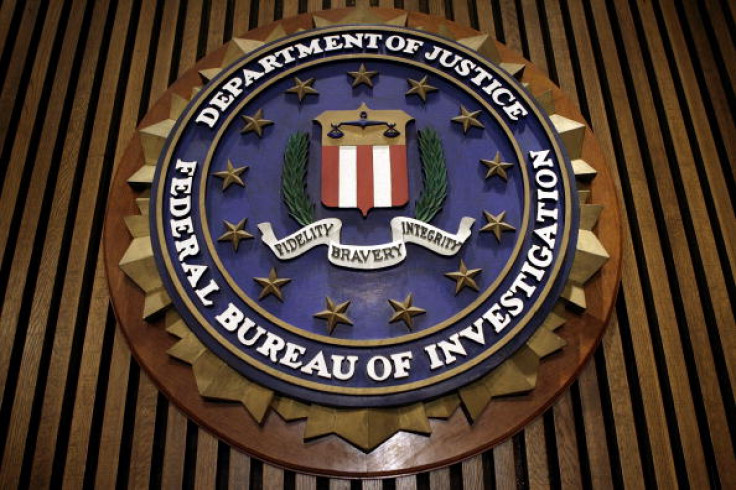FBI secret rules enable agency to spy on journalists with very little oversight
Under the classified rules, the agency can even bypass a judge.
The FBI has secret rules that enable the agency to conduct spying activities on journalists with very little oversight. Thanks to the rules, the FBI can obtain journalists' phone records with the approval of two internal officials and can even circumvent traditional judicial processes.
According to a report by Intercept, who have obtained a copy of the FBI's classified rules, the agency is also capable of spying on journalists without alerting news organisations about being targeted or having to go to a judge. The documents date back to 2013 and are related to the FBI's use of National Security Letters (NSL) – a singular search procedure which grants the FBI the powers necessary to compel the disclosure of user records from banks, network providers, phone companies and others. Ordinarily, a range of FBI officials, including agents in charge of field offices can also sign off on an NSL, deeming it imperative for national security investigations.
The documents specify that when obtaining journalists' records with NSL, the FBI would require the approval of the agency's general counsel and the agency's National Security Branch's executive assistant director. It must also go through the regular chain of approval. The documents also reveal that in the event of the FBI using NSL to identify a leaker or a whistleblower by targeting not the journalist but the source's records, the agency can then conduct investigations without involving the Justice Department.
The documents also highlight that the additional oversight traditionally imposed on investigations are not required if the journalist targeted is believed to be a spy or is part of a media organisation "associated with a foreign intelligence service" or "otherwise acting on behalf of a foreign power".

The Freedom of the Press Foundation executive director Trevor Timm said: "These supposed rules are incredibly weak and almost nonexistent — as long as they have that second sign-off they're basically good to go. The FBI is entirely able to go after journalists and with only one extra hoop they have to jump through." The organisation has sued the Justice Department over the "unpublished rules for using National Security Letters" to spy on journalists.
Despite concerns raised about the use of NSL, the FBI has issued almost 13,000 of them in 2015 alone and is looking to expand its ease of access to obtaining more types of information. Such is the secretive nature of NSL that a gag order prohibits companies that receive it from disclosing that they have been targeted.
Following the rules coming to light, Bruce Brown, the executive director of the Reporters Committee for Freedom of the Press, which also supported the Freedom of the Press Foundation's lawsuit against the justice department, called for more transparency on the FBI's use of NSL. Brown stressed: "We need information about the actual frequency and context of NSL practice relating to newsgathering and journalists' records to assess the effectiveness of the new guidelines."
© Copyright IBTimes 2024. All rights reserved.






